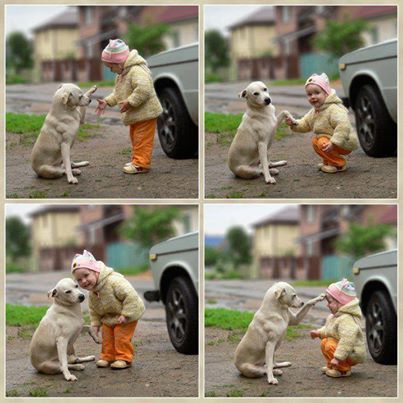
There are two types of training: behavioral and obedience.
Behavioral training prevents and or corrects bad habits that your puppy or dog may develop or already has developed. Jumping, car chasing, begging, climbing on furniture, and chewing are just a few. It is very important to be consistent during the training process. For example, do not let your puppy on the couch unless you are planning to allow it on the couch when it is full grown. This will confuse it, causing problems. Taking the time to learn natural dog behavior and satisfying the dog’s natural instincts along with proper exercise will help you communicate to your dog and can mean the difference between success and failure.
Obedience training is training the dog to obey certain commands such as sit, stay, come and teaching it to heel. Training sessions should be frequent but short to prevent your dog from becoming bored; ten to fifteen minute sessions, two or three times a day will be sufficient.
For more information visit: http://www.dogtrain1.com/









